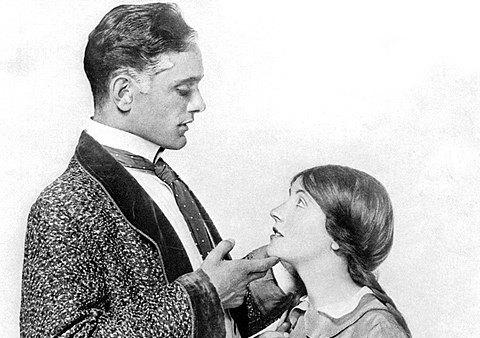One of my best friends in high school was a teenage Shirley Temple. Just seeing this girl was to step into sunshine. A cheerleader, a budding actress and director, and a member of student government, she always carried a smile, listened to the woes of any number of her classmates, and looked on the bright side of life. She was one of the happiest people I’ve ever met.
Though we lost contact after graduation, I recently searched for her online and found a newspaper article describing her teaching career in the Highlands of Western North Carolina. She taught literature and drama to two generations of young people, and from her comments in the article and the praise of parents and former students, I knew she had never lost her optimism.






